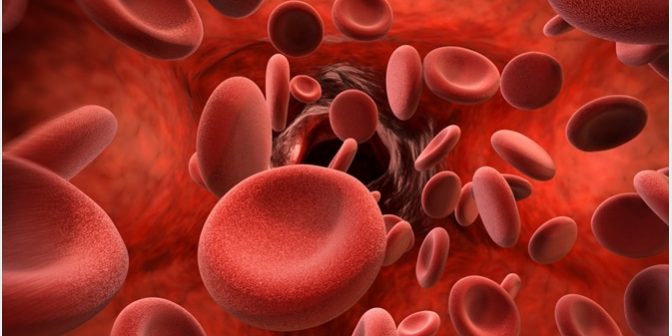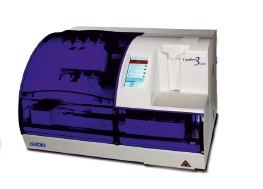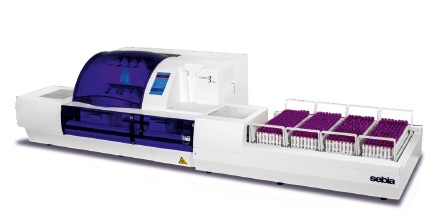Capillary Electrophoresis Technology:
Capillary Electrophoresis is one of the most advanced healthcare technology that is being used globally. Electrophoresis technology offers complete automation, full walkaway and high throughput, which are of vital importance for most of the Clinical Laboratories. In electrophoresis, complex molecules are differentiated based on the electric charge they carry in a silica capillary and quantified directly at a wavelength of 415 nm.
Capillary Electrophoresis technology is being adopted by majority of clinical laboratories and pathologies globally, and is on a strong growth trajectory. Capillary Electrophoresis technology offers better efficiency, higher clinical value, and throughput to clinical laboratories of all sizes.
Hemoglobinopathies:
Hemoglobinopathies are genetic conditions that affect the quantity or shape of the red blood cells in the body. These conditions may differ from one another. Some hemoglobinopathies can cause serious symptoms, while others do not cause medical issues or even symptoms of the condition. Mild cases of hemoglobinopathies may require no medical treatment. However, when severe cases are left with no treatment, they can cause anemia, organ damage or even death. Luckily, when severe hemoglobinopathies are identified and treated initiated early in life, affected children can lead healthy lives.
Importance of New Born Screening for hemoglobinopathies:
The advantages of newborn screening for haemoglobinopathies can be summarized in five categories:
- Morbidity prevention for the affected newborns
- Retrospective primary prevention for parents who are at risk and had an affected child
- Prospective primary prevention for couples who are at risk and had a carrier child
- NBS for hemoglobinopathies can be beneficial in identifying an anemic carrier, and assist in accident prevention particularly during Anaesthesia for HbS carriers
- Long term information for healthy carriers for future partner testing and reproductive choices.
Haemoglobin Screening by Capillary Technology:
A considerable percentage of babies suffer from rare genetic conditions that can be life-threatening, but treatable. The purpose of newborn screening is to help identifying some major Hb disorders before they can adversely affect the baby. Newborn screening is a quick and simple way to give your baby a healthy start to life.
Detection of structural haemoglobin (Hb) variants and thalassaemia diagnosis in new born has become increasingly important. Early detection of hemoglobin variants such as HbS has important therapeutic consequences early in life and may lead to the appropriate initiation of preventive actions. Quantification of HbA2 is challenging because it occurs at a very low level and only slightly increases in b-thalassaemia carriers, thus requiring a high precision.
Till recent years, separation of Hb fractions was performed using traditional technologies. Capillary electrophoresis is now widely accepted for the separation of Hb fractions and presumptive haemoglobin variant identifications. In this technology, haemoglobins are separated and quantified with precision and accuracy. Presumptive identification of a Hb variant is made by comparing its migration position against specific migration zones of known Hb variants found in a library.
Most of the Hemoglobin variants are separated in this technology without any interference. Direct detection provides accurate relative quantification of individual hemoglobin fractions, particularly HbA2 hemoglobin for Beta Thalassemia diagnostics. In addition, the high resolution power of this technology allows identification of the Hb S from Hb D and Hb E from Hb C. The Hb A2 quantification can also be performed when Hemoglobin E is present.
Hence Capillary Technology plays vital role in screening of Hemoglobin variants in Newborn and it is globally well accepted technology for Hb screening.



